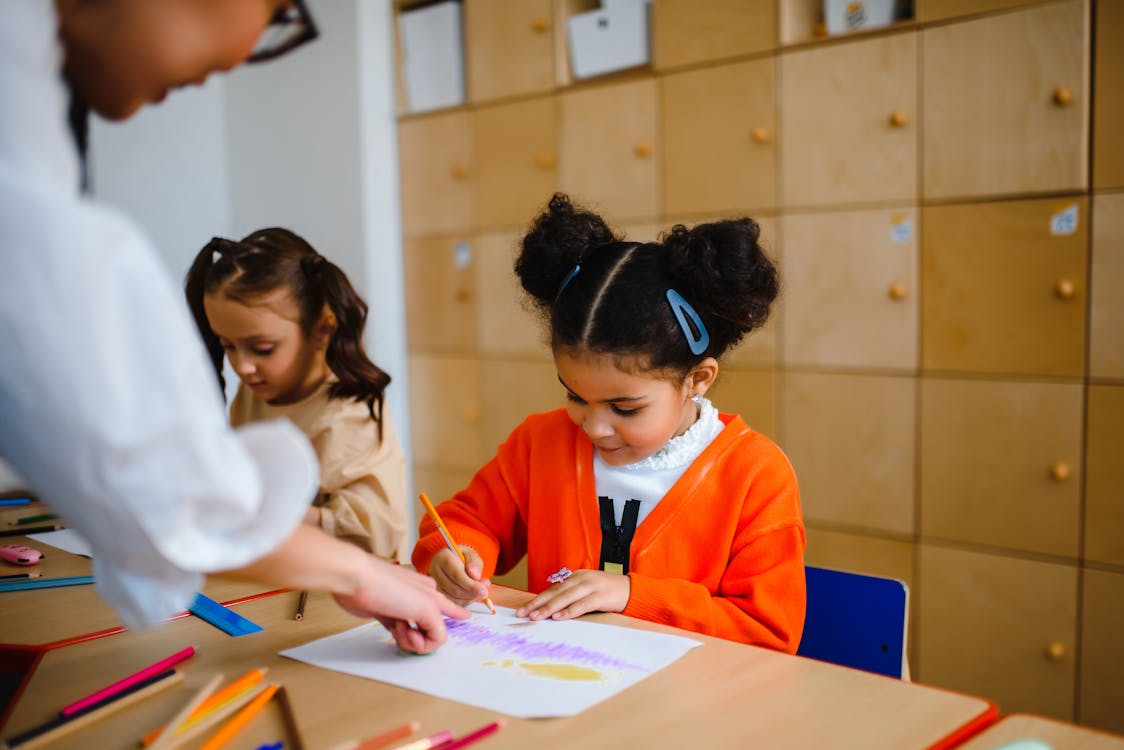
When it comes to learning, retaining knowledge is very important. Starting from language learning till analytical problem solving, memorising spellings, words, formulas, numbers, etc., becomes very important. It is hard for kids to remember so much information at once when they are taught more than four subjects in a day. So, what can we do to help our kids enjoy learning as well as retain information at the same time? Here are some strategies to help our kids remember what they have learned.
Connect new learning to what they already know.
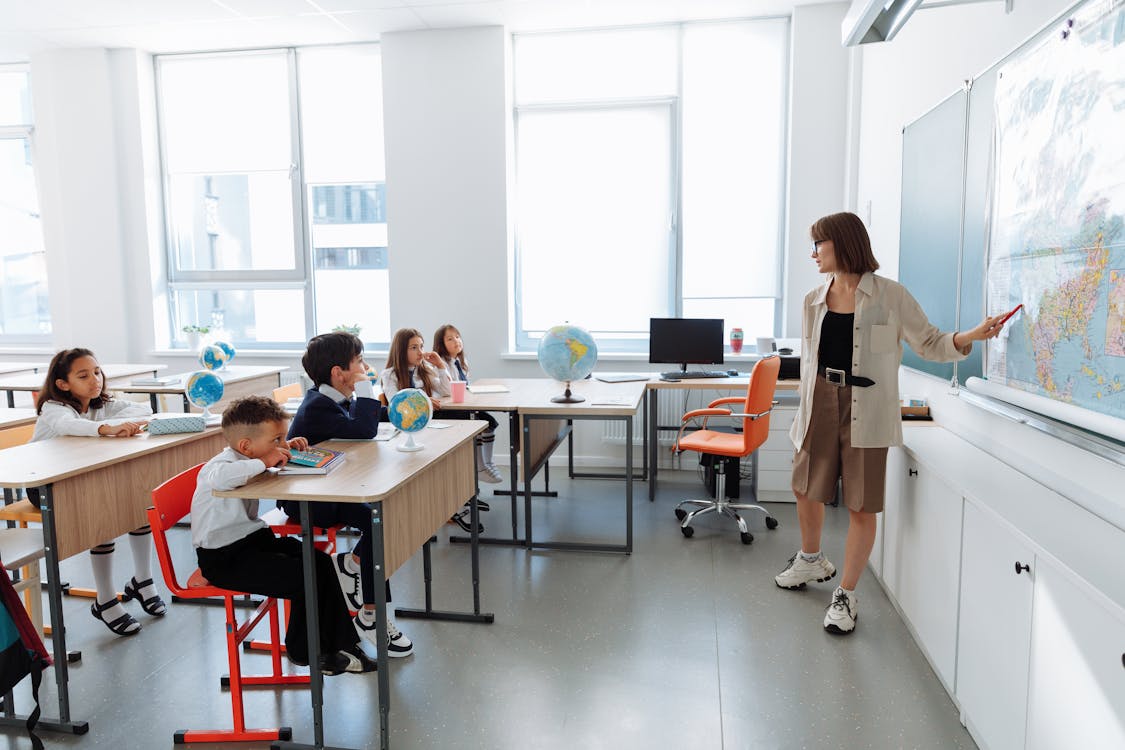
It is often difficult to introduce our kids to new knowledge, but if they are told about concepts which they already know and then they are connected to something new, their understanding of the topic will be clear. They will become more interested in learning, will enjoy learning, and will be able to retain what they have learned.
For example, if we tell kids about roots directly, they won’t be interested in listening, but if we ask them whether they have seen trees, how many tree names do they know, whether they have planted any, and then they themselves will come to the topic, “roots.” This is the time to tell them more about roots.
If we introduce topics following this method, they will be more eager to learn, and when they are eager, of course, they will retain knowledge.
Using the first letter of every word to create a new word

Go back to childhood and you will come to know how we used to remember names related to a particular topic. For example, the rainbow has so many different colours, but they are in sequence. Sometimes it might be difficult for us to remember the sequence, so we can take the first letter of each word and create a new word, VIBGYOR – V – Violet, I – Indigo, B – Blue, G – Green, Y – Yellow, O – Orange, R – Red.
BODMAS – B -Brackets, O – Order of powers or roots, D – Division, M – Multiplication, A – Addition, S – Subtraction. This rule is generally followed while solving math problems. If we remember this sequence, it becomes easy for us to solve the problem, or we will end up making mistakes. These are some tricks which can be applied to other subjects also to help our kids remember the hard words.
Explain yourself or to others.
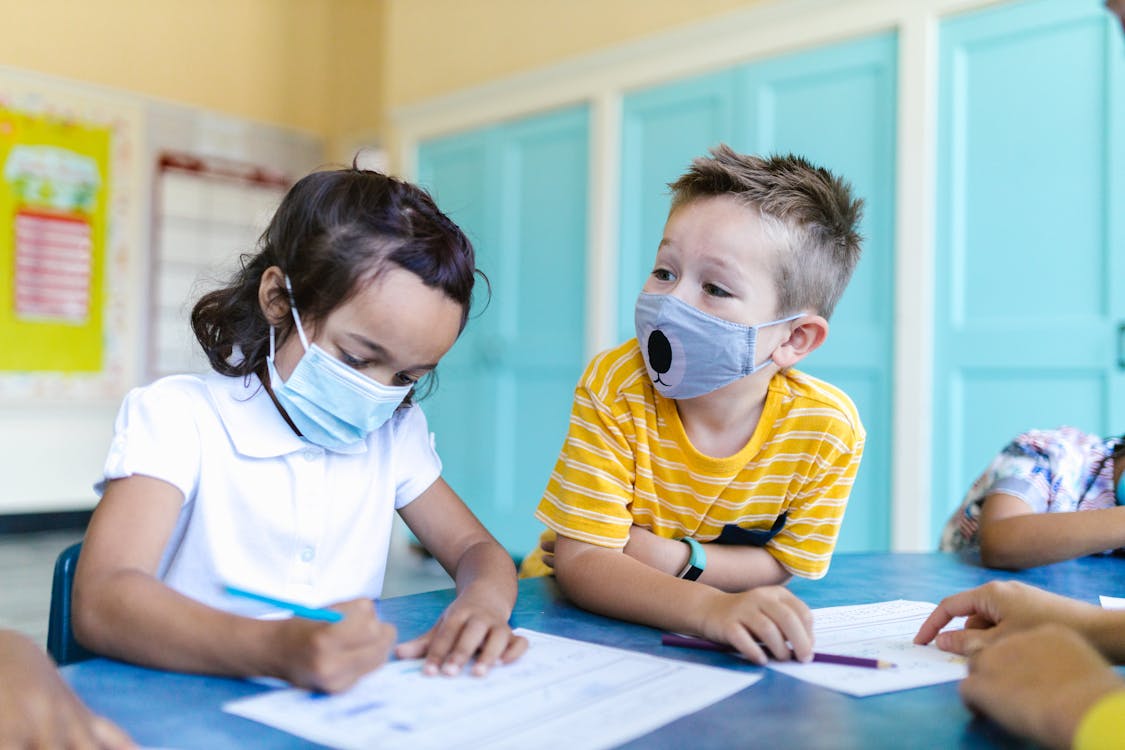
The best way to remember a concept is to teach others. When you don’t have anybody else, you can explain the same to yourself. It might sound crazy, but actually it helps. Just try to explain the concepts to yourself standing in front of the mirror. This will not only help you to understand the concept, but also improve your presentation style.
Visual techniques
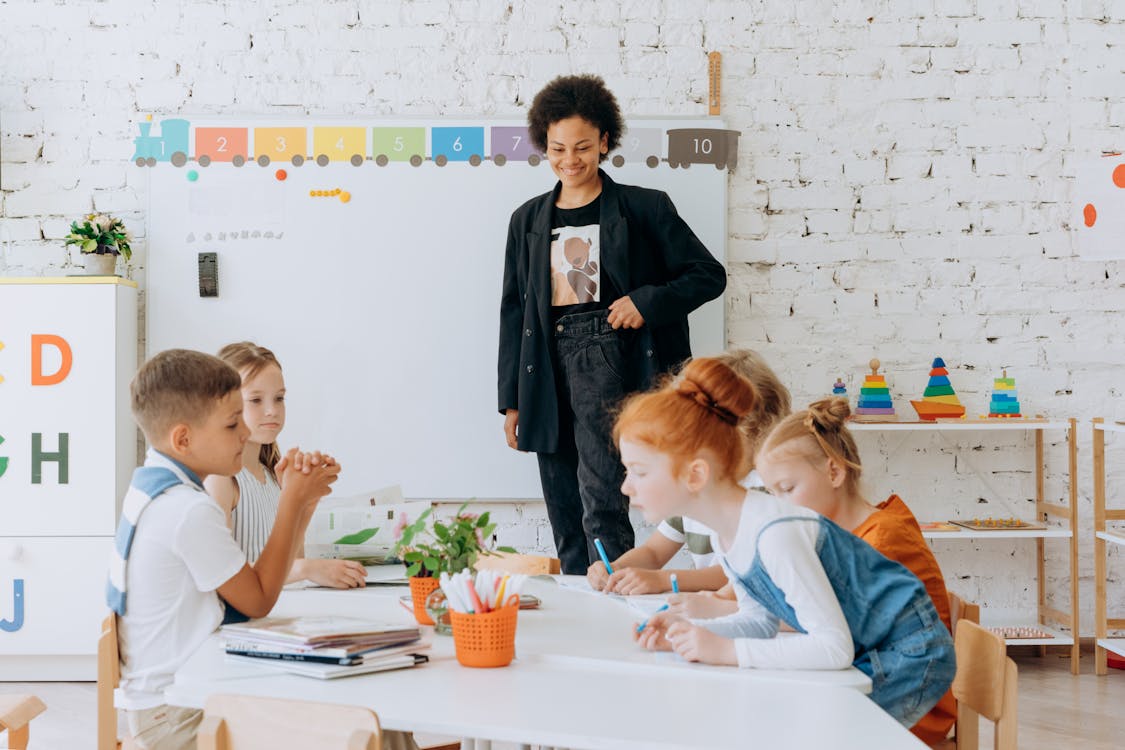
If every concept is connected with something visual, our children can get clarity on the topic. Showing them some videos or helping them to do some activities related to the topic can help them retain information as well as get a deep understanding of the topic.
Songs and music.
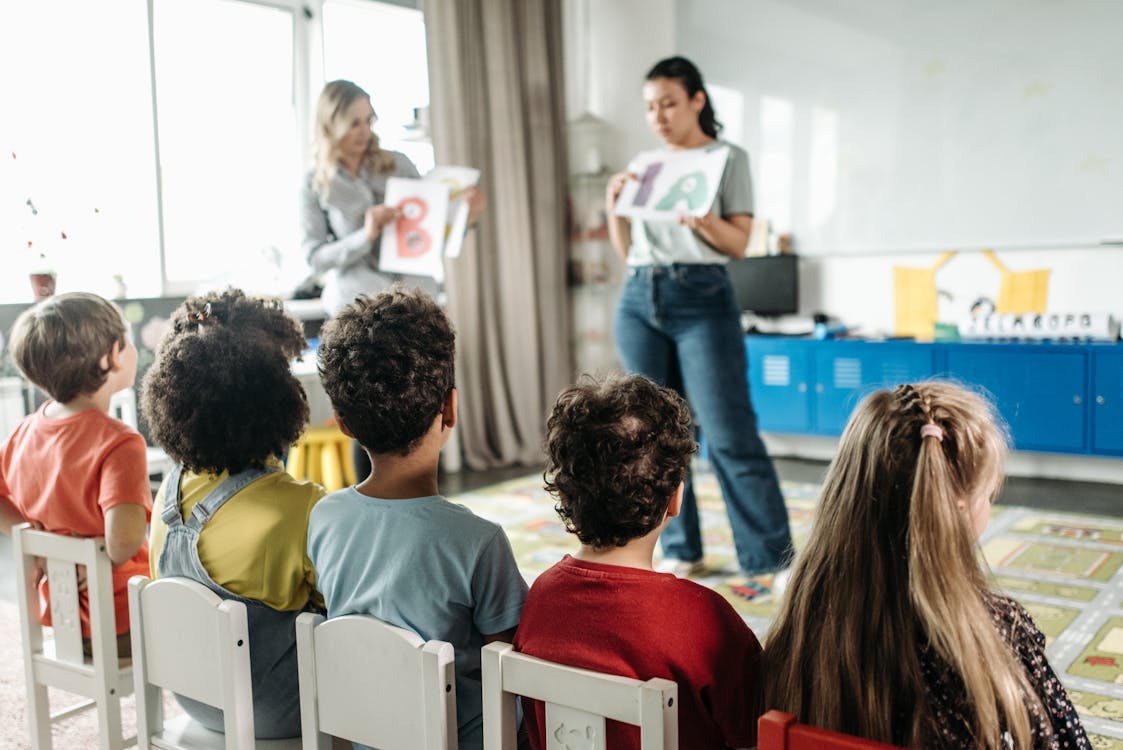
Songs have rhythm. Children are very fond of songs and can learn the whole of them within no time. Creating different songs related to the topic will help kids to remember difficult things easily. So, they will have fun while learning.
Conclusion
With the increase in technology, the attention span of our kids is decreasing. Normal story telling or giving them some activity to do or helping them participate in some group activity like role play or discussion would help their memory power to grow more and hence retain more information.

